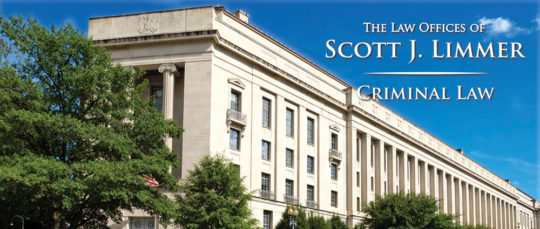A bill cleared by the House Judiciary Committee on July 12 would amend the Controlled Substances Act (CSRA) to make it simpler and faster to ban new synthetic versions of already banned drugs, such as fentanyl, a fast-spreading synthetic opioid; K2 (also known as “spice”), a synthetic version of cannabis; and bath salts, a synthetic version of methamphetamine. The new, fast-growing category of drugs accounted for almost 20% of all illegal drug deaths in 2015.
H.R. 2851, the SITSA Act, short for “Stop the Importation and Trafficking of Synthetic Analogues Act of 2017,” passed by voice vote. It’s also been referred to the House Commerce Committee. A similar measure (S. 1327) is awaiting action in the Senate Judiciary Committee.
Introduced by Rep. John Katko (R-NY), the House bill targets more than 400 dangerous synthetic drugs, usually made in Mexico or China and imported into the U.S., which lack any medical or manufacturing purpose. Because the new synthetics are at least slightly different from the illegal drugs they resemble – although the difference may be only a single molecule – the CSRA doesn’t reach them.
A rulemaking to add a new drug to the most serious CSRA categories currently requires the participation of the Department of Health and Human Services, the Food and Drug Administration, and the Department of Justice, and takes on average three years. Alternatively, Congress could amend the CSRA to bring some or all of the new synthetics under the law. Neither of those options – rulemaking or legislation — is likely to provide a quick way to update the law to deal with the new synthetic drugs, and keep it updated.
Instead, H.R. 2851 would create a new Schedule A under CSRA, for substances with chemical structures similar to those already covered by that law, and which have been found or predicted to have similar stimulant, depressant or hallucinogenic effect. The new category would explicitly cover more than a dozen fentanyl variants, but would not apply to already-regulated substances or to FDA-exempted investigational drugs.
The bill would give the Attorney General the power to issue temporary orders adding new drugs to Schedule A after finding they meet criteria for the new category, if their listing will help prevent abuse or misuse. A public notice would have to issue at least 30 days before such a temporary order could take effect. Temporary orders would not be subject to court review, and could stay in place for up to five years, or until a permanent order was issued.
The measure would also impose substantial prison terms and fines for Schedule A violations (but not for mere possession of those drugs). Although the U.S. Sentencing Commission is currently considering how the Federal Sentencing Guidelines should treat analogue drug violations, the bill would direct courts to consider Attorney General rulings in determining sentences.
Although H.R. 2851 cleared the House committee on a voice vote, several Democratic members expressed reservations about giving so much power to Attorney General Jeff Sessions, pointing to his antipathy towards criminal justice reform legislation, and his enthusiasm for mandatory minimum sentences and stepped-up drug law enforcement. Opposing the bill are various civil liberties and civil rights groups, as well as some conservative groups. Supporters include groups representing police, district attorneys and emergency physicians.
